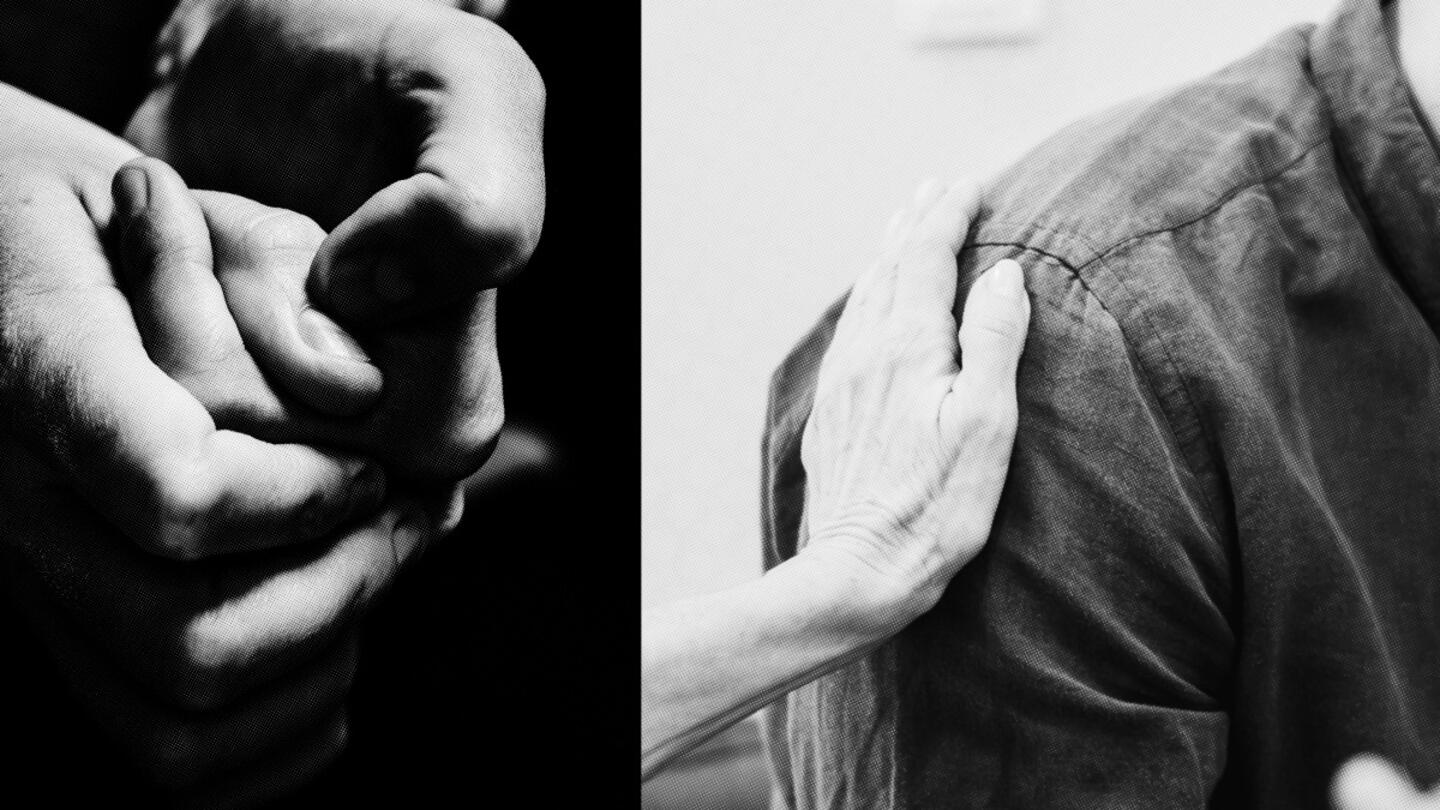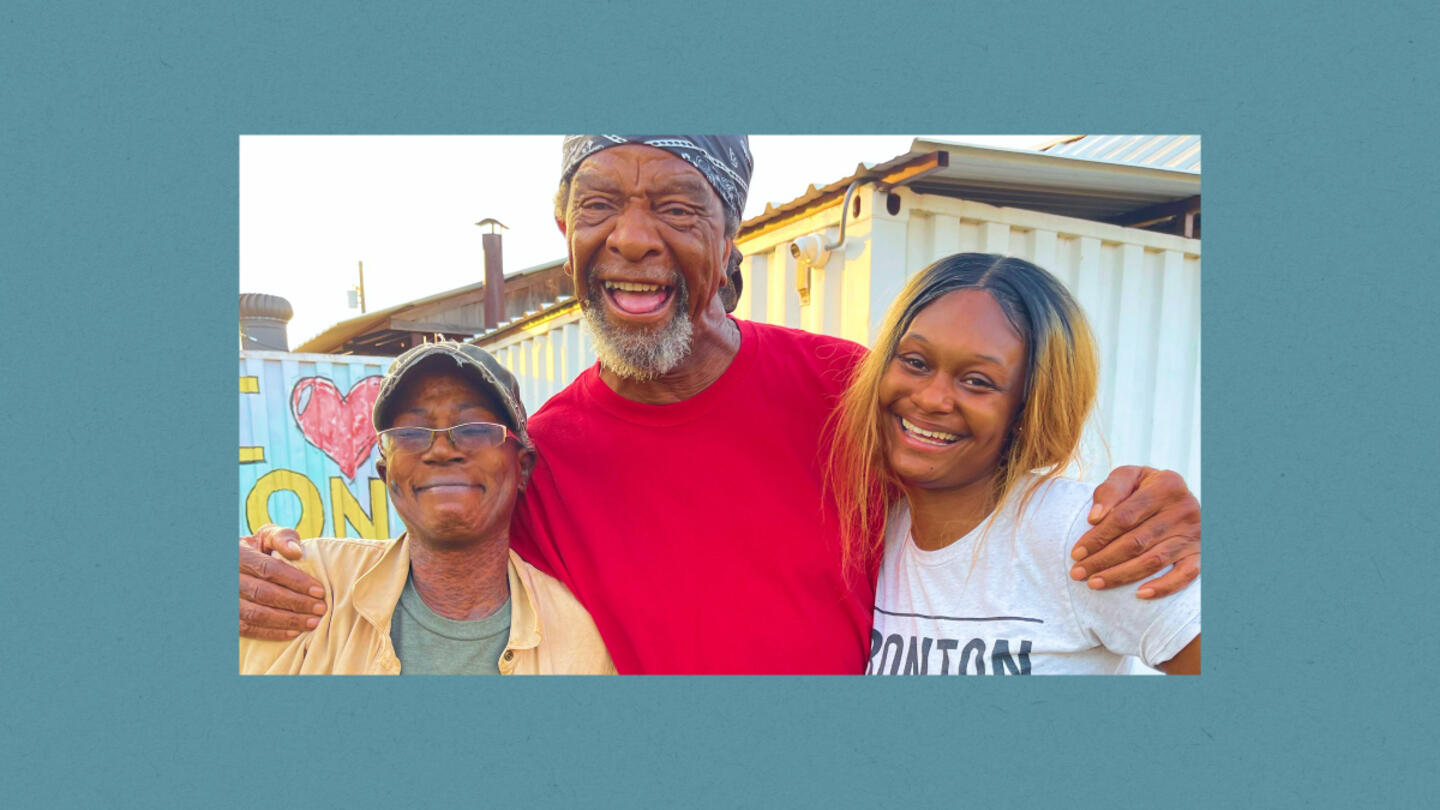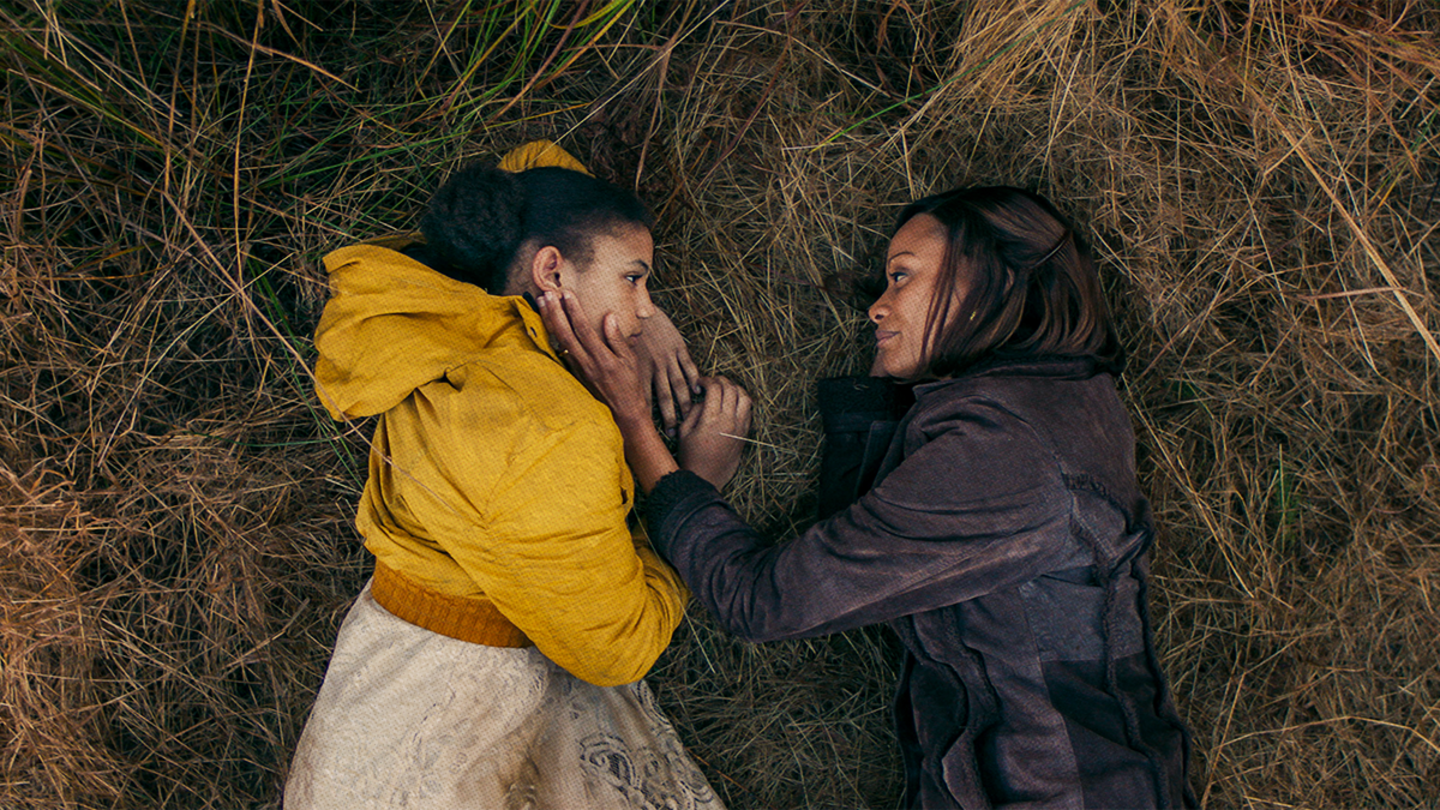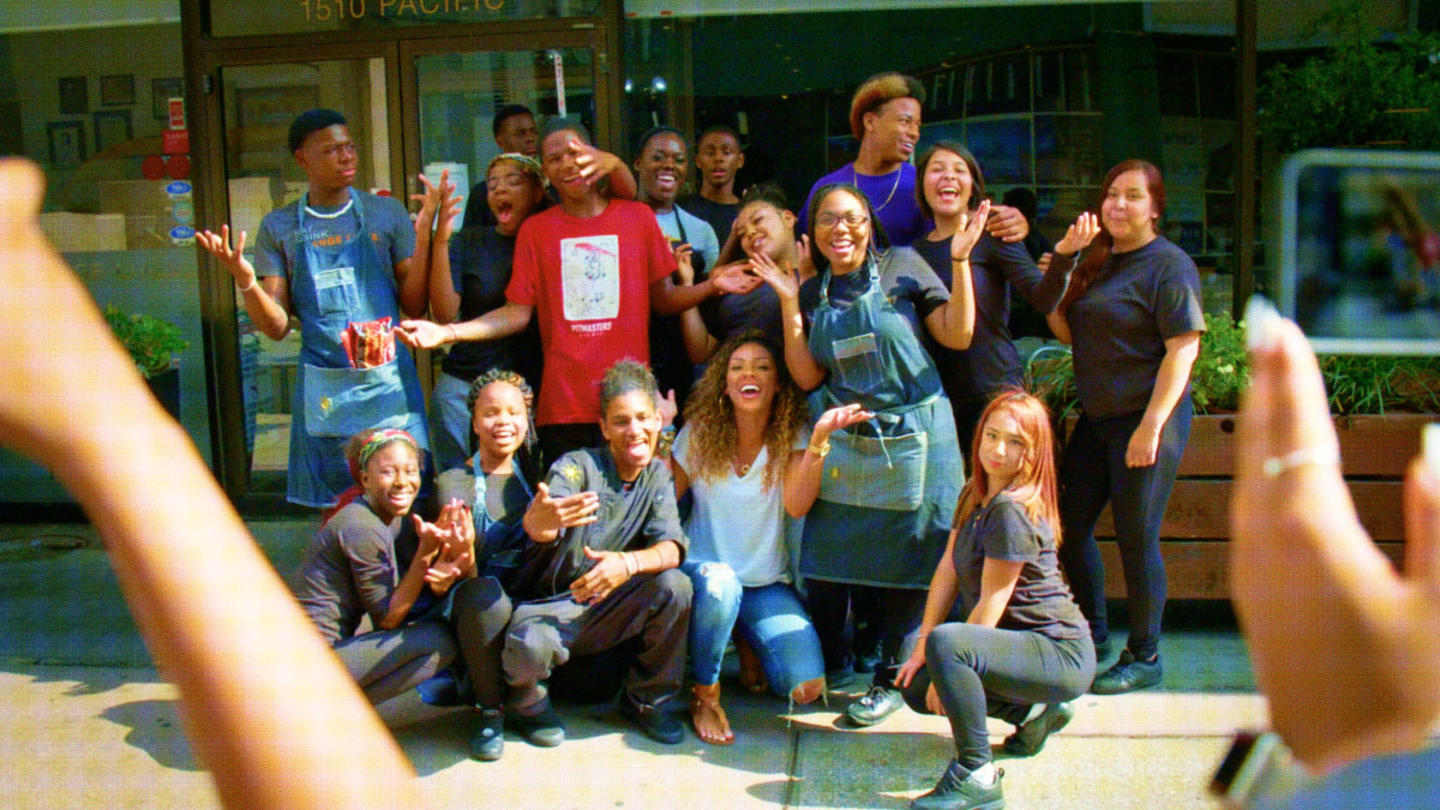Chef Chad Houser’s idea for Café Momentum came after he volunteered to teach eight incarcerated teenagers how to make ice cream. Though he already had an award-winning restaurant, after that experience, his life — and entire business model — changed.
Today, Café Momentum only hires justice-involved youth between 15 to 19 years old. The Dallas restaurant is so successful that Houser is replicating the model in Nashville and Pittsburgh, with new cafés opening in each city in the coming months.
And the changemaking restaurateur isn’t stopping there.
Offering justice-involved youth a path forward
More than 720,000 youth enter the juvenile justice system every year in America. And the recidivism rate is high: 80% are arrested again within three years of being released. It’s very hard to break out of the cycle when your formative years are largely defined by the criminal justice system.
Creating a nonprofit service model wasn’t Houser’s initial plan. In 2008, he co-owned Parigi, a successful restaurant in his hometown of Dallas. He had also been nominated as a best up-and-coming chef in the city.
Then came the ice cream experience. It shook him to his core. While he had every opportunity to realize his life’s potential, Houser realized that wasn’t the case for everyone. And he wanted to change that.
After initiating this new model in Dallas, he founded the nonprofit organization, Momentum Advisory Collective, in order to expand his newfound ambitions. In fact, Houser plans on opening 30 restaurants across the nation in the next 10 years. As he says, this will require attention to detail at every step.
“It’s hard enough expanding a restaurant. Layer on top of that a nonprofit organization; layer on top of that justice-involved youth. The model netted incredible results in Dallas. But it doesn’t mean we take a cookie cutter-model and then just turn around and flip it.”
With one new restaurant already opening in Pittsburgh and another on its way in Nashville, however, the model is proving successful. And he hopes to have similar success in helping teenagers find purpose in their lives.
Sign up for the Strong & Safe Communities newsletter for stories, ideas, and advice from changemakers breaking cycles of poverty and bridging divides.
Reimagining juvenile justice
Communities are not monolithic. What works in Dallas needs to be reimagined in every city. As Houser says, such an ambitious program needs a ton of local support — the court system, juvenile centers, high schools, social services, and of course, the youth themselves — which takes time to find in each city.
At the end of the day, Houser doesn’t crave a national restaurant chain. What he wants is “a new vision of juvenile justice.”
This is especially important in a region like North Nashville, which, according to the Brookings Institution, has the highest incarceration rate in the country.
Rokeisha Bryant, the executive director of Café Momentum Nashville, shares Houser’s changemaking ambitions. She puts the goal of the upcoming restaurant into perspective: “We want young people to thrive instead of survive. We offer a program that will help change generations.”
Moving criminal justice forward
This change is already underway. According to Houser, when he opened the Dallas restaurant, 54% of youth he employed had dropped out of high school. Now, 100% of his employees are on track to graduate – and, more importantly, have opportunities to pursue careers they never imagined for themselves.
The program starts with a paid internship that features 12 months of curriculum programming. After a six-day orientation, each intern is paired with a case manager so that their immediate needs and goals are understood.
The youth not only learn about working in a restaurant; they also learn social and life skills to succeed in any profession. This could include financial literacy courses, parenting classes, and educational assistance. After one year, each intern graduates from the program and is placed in a job with a community partner—possibly in Café Momentum, but also with companies like Amazon, Starbucks, and Virgin Hotels.
Recognizing that opening restaurants is challenging, Houser launches each new Café Momentum with a pop-up dinner to introduce local residents to the concept — and great food. That way, everyone can see the youth in action and hear about their experiences directly.
As Houser says, “the pop-up dinner serves as an incredible opportunity to change stereotypes, to change hearts and minds, and to do it at scale.”
True, opening 30 restaurants run by juvenile-involved youth is ambitious. Good thing Houser isn’t afraid to fail. In fact, he sees failure as part of the process — an outcome that, given his track record so far, doesn’t seem likely. Still, as he concludes, it’s not always about the goal, but the process that truly defines your character.
“None of these issues happened overnight, and the impact you seek is not going to happen overnight either. You have to take the first step, then comes the second step, and then the third step. And if you stumble and fall, stand up bigger and stronger, and don’t make the same mistake twice. Just keep moving forward.”
***
Café Momentum is supported by Stand Together Foundation, which partners with the nation’s most transformative nonprofits to break the cycle of poverty.
Learn more about Stand Together’s criminal justice efforts.

Now in recovery, he’s teaching others how to deal with “life on life’s terms.”

This South Dallas neighborhood is a food desert, but problems run deeper than limited food access.

The new org chapter Olympic star Simone Biles helped found is just getting started.

The film, executive produced by Letitia Wright and Joe Knittig, CarePortal CEO, shows how communities strengthen families.
